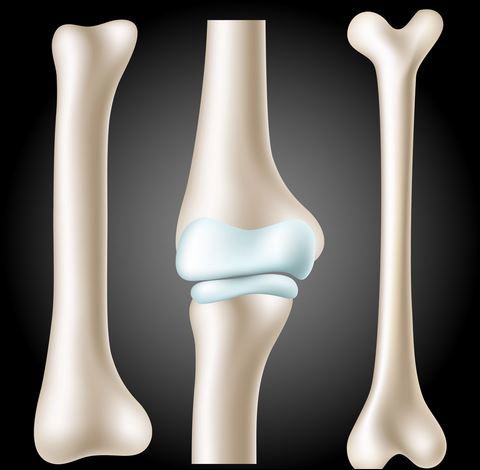Calcium, Phosphate & Magnesium

CALCIUM, PHOSPHATE & MAGNESIUM
Question 1. What are calcium, magnesium and phosphates?
Calcium is a major component of bone. It enhances strength of bone and is involved in transmission of nerve singles in all tissues. Calcium levels inside and outside cell structures are closely regulated to maintain stable function of tissues and organs.
Vitamin D and parathyroid hormones (PTH) are the main regulators of calcium by their actions in the gut (absorption), bone (storage) and kidneys (excretion). Any disorders associated with any of these factors result in altered tissue calcium levels and hence symptoms of low or high calcium levels.
The effect of abnormal levels of calcium is more prominent in nervous tissues, heart and skeletal muscles and lead to tetanus, muscle weakness, muscle cramps, respiratory paralysis and cardiac arrhythmia (abnormal rhythm).
In tissue, phosphate is closely associated with calcium and magnesium interacts with calcium to maintain tissue stability. Hence, in assessing calcium level phosphate and magnesium are often measured together.
Question 2. When do I k now I may have problems with my calcium, magnesium, and Phosphate levels?
The following conditions may be associated with abnormal calcium levels:
Vitamin D deficiency
after thyroid surgery
Kidney disease
Bone disease
Osteoporosis
Muscle spasms/Tetany
Fitting/convulsion
Chronic diarrhoea
Muscle fatigue
Mal-absorption syndrome
Acute Pancreatitis
Cancer Patients
Osteoporosis
Post-menopause
Polyuria/excessive urination
Breathing difficulty for no apparent result
Feeling numbness and tingling sensation (often with hyperventilation)
Chronic alcoholism
Question 3. Is there any pre-test preparation?
No fasting is required. During collection of blood, care is taken not to apply tourniquet longer than 2-3 minutes as blood stasis will falsely increase plasma calcium level.
Question 4. How are they measured?
Calcium, phosphate and magnesium are measured from a random blood sample. Because calcium is 99% bound to protein and the unbounded (ionised) calcium is the most active form, protein level is also measured to help calculate the ionised calcium level. In some laboratories, ionised calcium is measured directly. Initial test will usually include kidney tests and ECG if calcium disorder is suspected and later measurement of vitamin D or PTH if indicated.
Question 5. What if my results are abnormal?
If your result is abnormal, your doctor will be notified immediately. As a general rule, if you feel you may have symptoms suggestive of low or high calcium levels, you should quickly contact your doctor or visit hospital Emergency Department.
Question 6. What is the treatment?
Treatment involves giving calcium if too low and removing calcium if too high in order to stabilise highly sensitive and unstable tissues such is respiratory muscles and heart. Special attention is given to ensure your breathing system is well maintained and arrhythmia of heart is prevented. A symptomatic abnormal calcium level is an emergency.


